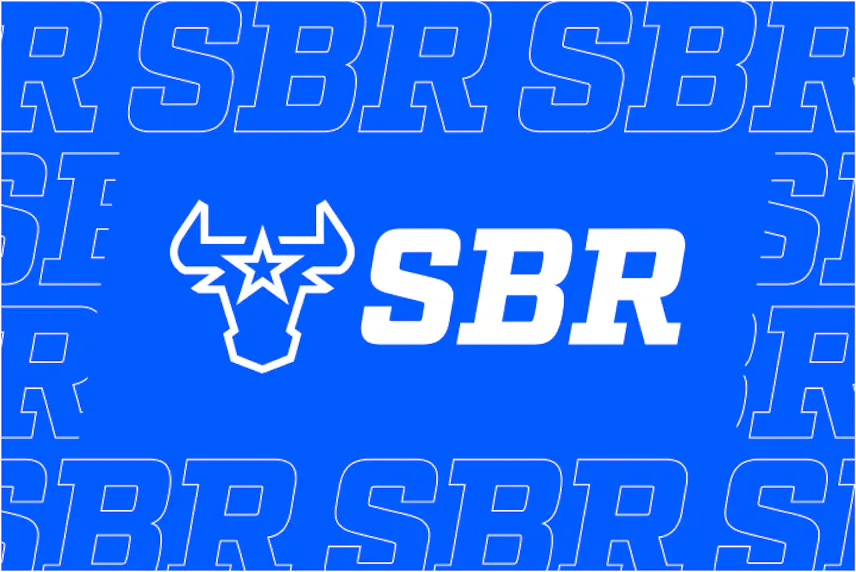Florida Takes Another Step toward Legal Sports Betting Legalization

Last Updated: August 9, 2021 8:47 AM EDT • 4 minute read X Social Google News Link


The long and winding road toward legal sports betting in Florida took another positive turn on Friday with news that the U.S. Department of the Interior has officially signed off on language of a new tribal compact between the state and the Seminole Tribe. Seminole Chairman Marcellus Osceola received the news that the compact agreed upon by he and Governor Ron DeSantis has passed and that the tribes were welcome to start further pursuing an expansion of their gambling platform to include sports betting.
While a broad, sweeping platform may not happen immediately, the news Friday ensures that at least one Seminole mobile sportsbook will be going live in the Sunshine State, likely by the end of the year, if not sooner. “The final approval of this historic gaming compact is a big deal for the State of Florida. This mutually-beneficial agreement will grow our economy, expand tourism and recreation and provide billions in new revenue to benefit Floridians,” said a happy Gov. Ron DeSantis.
Challenges
The Seminole Tribe/State of Florida renegotiated tribal compact came with its share of controversy. There was more than a share of opponents that argued that the agreement possibly violated Federal Law. Those arguments will likely see the inside of a court room before all is said and done, but probably not before the Seminoles launch their first mobile sports betting platform.
The main issue surrounds wording in the Federal Law that states that all mobile bets taken in by the country's tribal entities will have to take place on their lands, where their casinos are located. As it stands currently, the Seminoles are hoping to launch a platform spanning the entirety of the state, allowing all bettors to place a wager from the comfort of their homes.
“Pursuant to the 2021 Compact and the Implementing Law, sports bets initiated by persons located physically anywhere within Florida (or even outside the state) are ‘deemed’ to have occurred on Indian lands because the ‘servers’ and ‘devices’ purportedly receiving the bets are to be located on the Tribe’s reservation,” one plaintiff wrote in the lawsuit.
“‘Deeming’ the bet to have been placed on Indian lands because the servers are located there contradicts decades of well-established precedent interpreting applicable federal law. Contrary to the legal fiction created by the 2021 Compact and Implementing Law, a bet is placed both where the bettor and the casino are each located.”
However, other precedence has been set that differs from that opinion. Currently, Oklahoma tribes have sought and received permission to run mobile betting sites off their land. And in New Jersey, servers for mobile apps are all located in Atlantic City, not on-site at participating casinos. The fight will continue but the U.S. Department of the Interior has already considered and ruled against the opponents' argument.
Ramifications
Buckle up US legal sports betting industry! Florida is about to launch what will be the biggest sports wagering market in the country. The state boasts the third-largest population in the country (21.5 million), is buoyed by an estimated 120 million tourists per year and has iconic teams in all four major North American pro sports.
The numbers being thrown around are substantial. Under the wording of the new compact, a minimum of $2.5 billion will flow from the Seminoles to the State win the next 5 years, with an estimated $6 billion over the next 10 years. That's an average of $500 million-$600 million per year being generated for the state by the Seminole gambling set-up.
Proponents and regulators expect about 2,200 jobs being created by the platform for Floridians. Sports betting could also be a boon for the state's three NFL teams, two MLB franchises, two NBA teams, and their two NHL franchises which includes the 2021 Stanley Cup champion Tampa Bay Lightning, all of which could be in line for some lucrative partnership deals down the road.
We Know the “What” but What About the “When”?
It may seem that all of the heavy lifting has been done with regard to Florida's sports betting legalization but there is still a mountain of work to do. The biggest may be fending off the throng of legal challenges in the way. There is also work to be done on expanding the platform past just the one Seminole sportsbook on track to launch.
Pari-mutuel operator relationships still have to be formed and OK'd as well. As it stands, those pari-mutuel operations have protections under the compact's wording and could go live with successful operators keeping 60% of their revenues and the other 40% going to the Seminole Tribe. So, assuming that all goes well in the next stages of the legalization process, October 15 is the date identified for the official launch of the Florida legal sports betting platform. But just like everything else in this complicated fight, anything could and probably will happen in the Sunshine State.

Sportsbook Review X social





